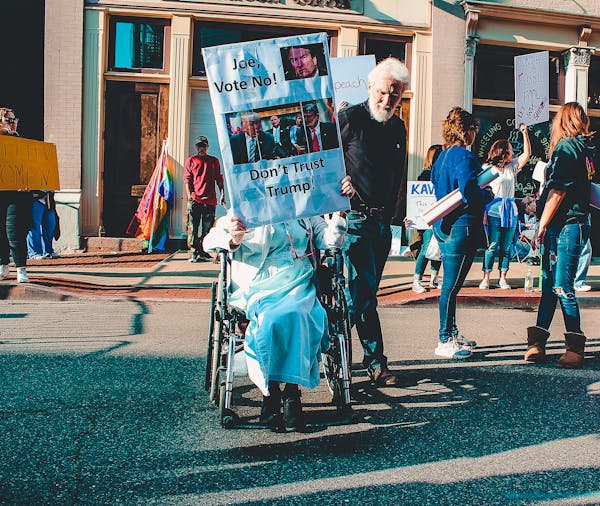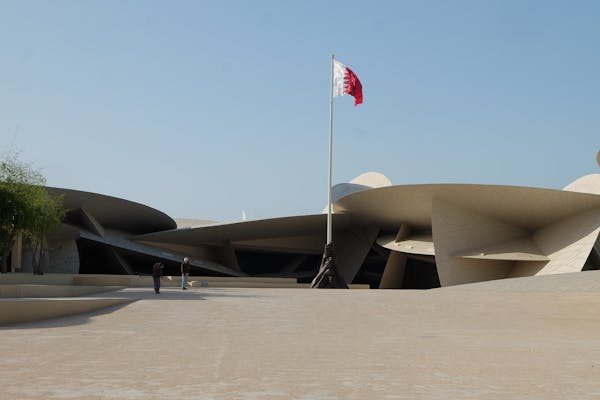Public Reception of Trump's victory

You probably have came accross a post that talks about the UsA PRESIDENTIAL ELECTIONS, and finally the wait is over and a big congratulations to everyone out there who supported trump. Once again Donald Trump has been elected to become the 45 th president of the USA, which is a really good thing considering the fact that the guy is experienced and has some game changing ideas so here's how his victory was recieved:
1. Domestic Reactions
Supporters of Trump
Celebration and Triumph: Trump's supporters, many of whom were drawn to his anti-establishment rhetoric, were jubilant. His victory was seen as a rejection of the political elite and the status quo. Many of his followers appreciated his promises to "Make America Great Again," focusing on job creation, tougher immigration policies, and an America-first foreign policy.
Populist and Nationalist Sentiment: His win was viewed by many as a victory for populism, with working-class voters, particularly in rural and industrial areas, seeing Trump's policies as a necessary break from decades of globalization and political correctness.
Opponents of Trump

Shock and Disbelief: Many of Trump’s opponents, including Democratic supporters, liberal-leaning voters, and some moderate Republicans, were shocked by the outcome. The media and polling had largely predicted a Clinton victory, leading to a sense of disbelief when the results came in.
Protests and Dissent: Immediately after the election, there were widespread protests in major cities across the U.S., some of which continued into the early days of Trump’s presidency. Many felt that his rhetoric, particularly on issues like immigration, race, and gender, was divisive and dangerous. Critics worried about the implications for democratic norms, civil rights, and the future of American democracy.
"Silent Majority" Narrative: Trump and his supporters often referred to his victory as a victory for the "silent majority," meaning those voters who were traditionally overlooked or ignored by mainstream politics. His win was seen as an expression of frustration from middle America, who felt marginalized by both political parties and the cultural elite.
2. International Reactions
Concerns Over Global Stability: Many European leaders expressed concern about the implications of Trump’s election for transatlantic relations and global stability. His "America First" rhetoric raised alarms in NATO countries, as well as those in the European Union. Leaders such as Angela Merkel and Emmanuel Macron were cautious, fearing that his presidency could threaten the post-World War II international order and lead to a more isolationist U.S. foreign policy.
Populist Inspiration: Trump’s success was viewed by some European populist and far-right leaders, such as Marine Le Pen in France and Nigel Farage in the UK, as a sign that the populist wave was rising across the West. His victory gave a boost to similar nationalist movements, which felt empowered by his defiance of the political establishment.
Russia

Optimism from Russia: The Russian government, led by Vladimir Putin, expressed a degree of optimism about Trump’s victory. Trump’s campaign rhetoric, which was seen as more favorable to Russia compared to his opponent Hillary Clinton, suggested the possibility of a reset in U.S.-Russia relations. This, however, became a controversial issue during Trump’s presidency, with ongoing investigations into Russian interference in the 2016 election.
Middle East

Uncertainty: In the Middle East, Trump’s win was met with a mix of uncertainty and cautious optimism by some Arab leaders, particularly those who were skeptical of Hillary Clinton’s foreign policy approach. Trump’s stance on fighting terrorism and his willingness to take a hard line against Iran were seen as beneficial by some in the region. However, his unpredictability raised concerns about the stability of U.S. foreign policy in the Middle East.
China

Wariness and Caution: China’s response was more cautious, with concerns about potential trade wars and increased tensions over issues like the South China Sea and Taiwan. Trump’s protectionist rhetoric and trade war with China during his presidency suggested that U.S.-China relations could become more adversarial.
3. Media and Public Opinion

Media Reaction: In the U.S., media coverage of Trump’s election was mixed. His victory was viewed by some outlets as a moment of profound change in American politics, while others were critical of the way his campaign had capitalized on divisive rhetoric and exploited societal fears. His relationship with the media was often adversarial, and he frequently accused mainstream outlets of biased reporting.
Polls and Public Opinion: Initially, many polls had predicted a Clinton win, and the results shocked both pollsters and pundits. In the aftermath of the election, there was significant debate about the role of media, social media, and misinformation in shaping public perception, as well as how the electoral college and demographic factors contributed to the outcome.